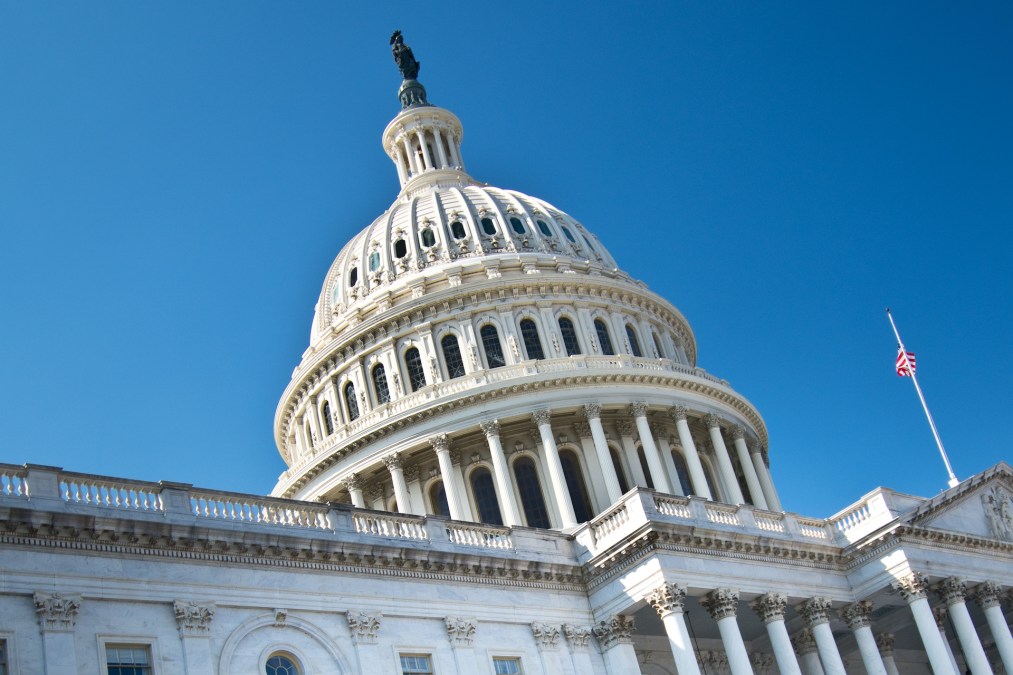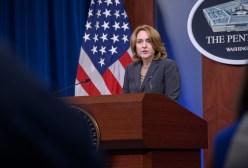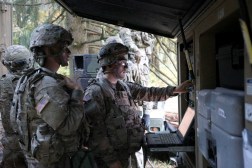Senators want Pentagon to create new JADC2 joint force headquarters

The Senate Armed Services Committee is pushing for additional funding for the Pentagon’s Joint All-Domain Command and Control (JADC2) initiative, and the creation of a new joint force headquarters for the effort.
The SASC’s version of the fiscal 2023 National Defense Authorization Act — which was approved by the committee Thursday and will now go to the Senate floor for consideration — contains key provisions related to the U.S. military’s plans to better integrate its sensors, shooters and networks, according to a summary released Thursday.
The legislation would authorize a funding increase of $245 million for JADC2, including for the “establishment of a Joint Force Headquarters in U.S. Indo-Pacific Command, effects chain and mission-based command and control experimentation, novel kill chain development, and acceleration and integration of the Family of Integrated Targeting Cells,” according to the summary.
It would require the Department of Defense to develop an implementation plan for a joint force headquarters that would serve as the operational command for “certain JADC2 and related capabilities, functions, missions, and tasks.”
The legislation calls for the headquarters to be established no later than Oct. 1, 2024.
Notably, the legislation would require the Pentagon’s JADC2 cross-functional team to remain under the control of the Joint Chiefs of Staff J-6 director for command, control, communications and computers/cyber.
The provisions are part of a far-reaching defense policy bill that would authorize a total of $817.3 billion in spending for the Department of Defense in fiscal 2023, as well as $29.7 billion for the Department of Energy’s nuclear weapons programs.
The annual NDAA must go through a complex legislative process before it becomes law, and it remains to be seen if the JADC2 provisions included in the SASC bill will be in the final version of the fiscal 2023 NDAA that is passed by Congress and signed by President Biden.
“Congress must work on a bipartisan basis to ensure we have the policies and resources to deter America’s adversaries, reassure our allies, and ensure our forces have the right tools and capabilities to combat threats around the globe. Advancing this bill is a significant step toward achieving that objective,” SASC Chairman Sen. Jack Reed, D-R.I., said in a press release Thursday.
The chairman’s mark for the House Armed Services Committee’s version of the NDAA — which may include other JADC2 provisions — is expected to be released next week.
The House and Senate must eventually reconcile their respective versions of the NDAA, and the two chambers must pass a compromise bill before it goes to the president’s desk.






